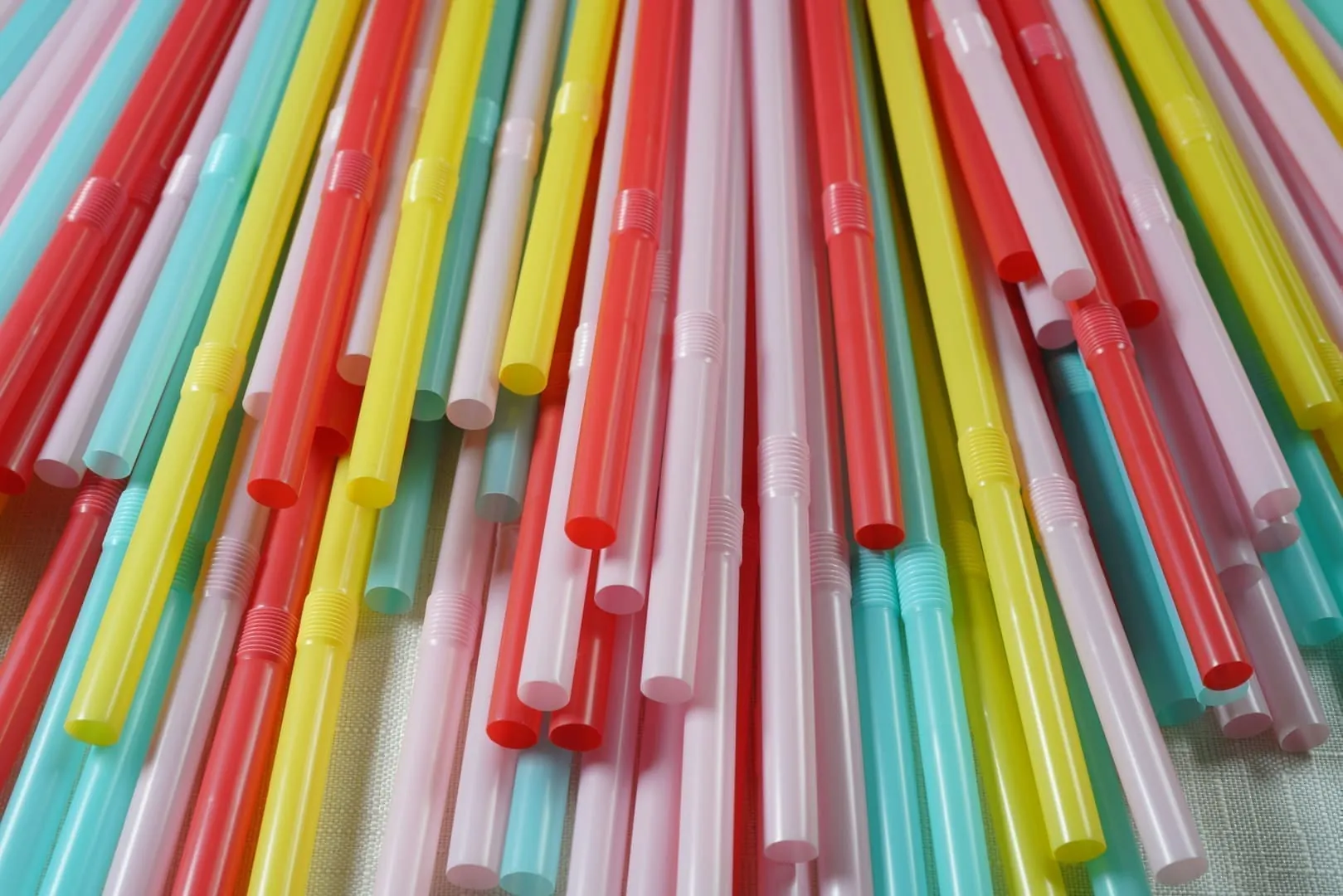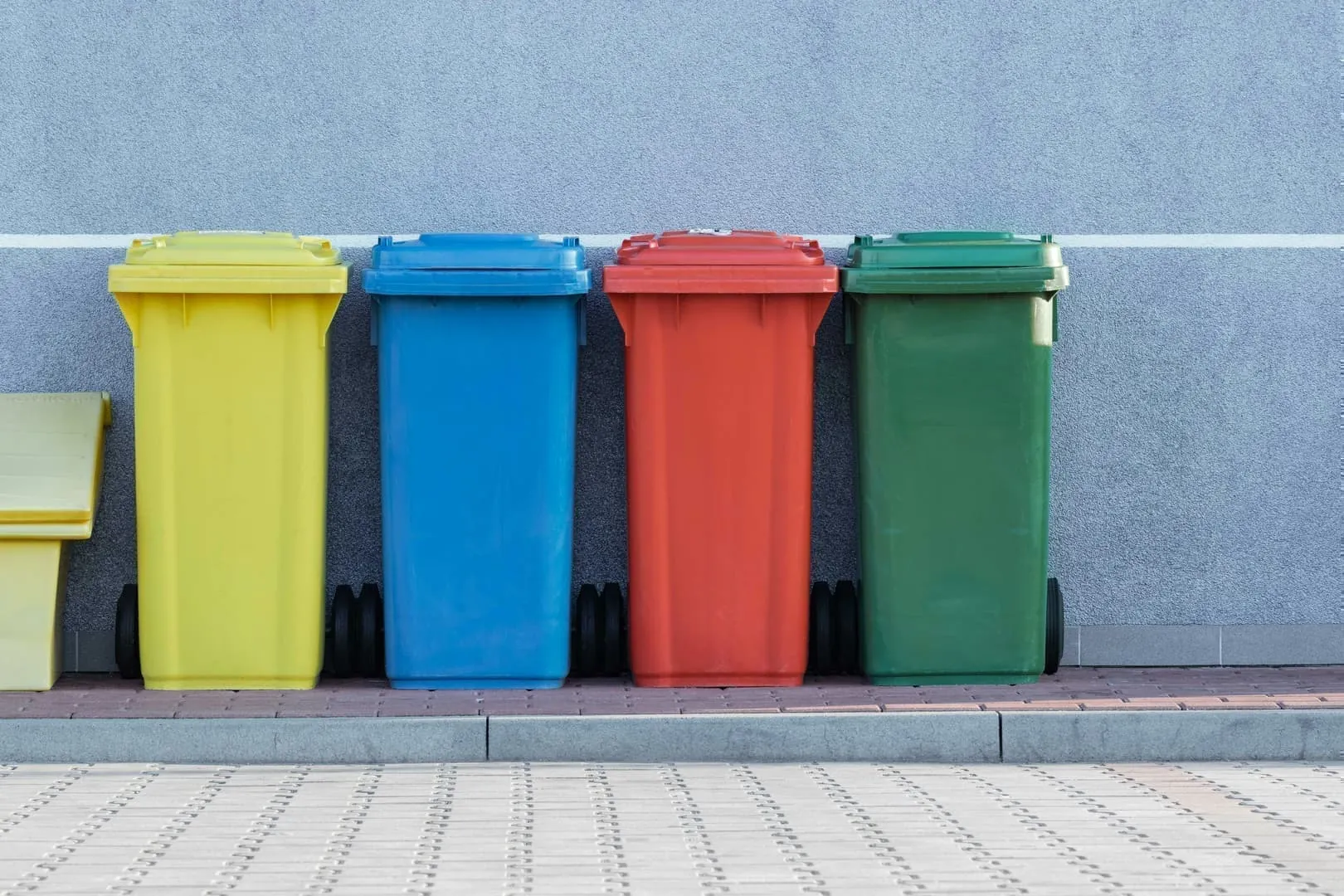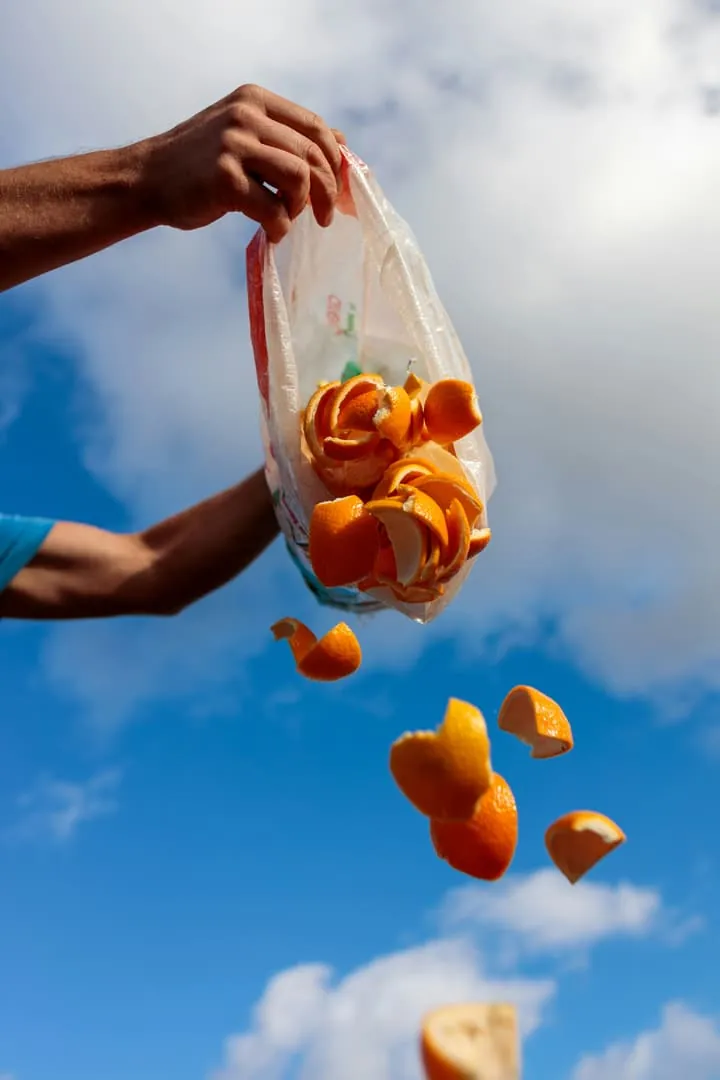
Goodbye single-use plastic: where does Europe stand in 2025?
Since 2021, the European Union has banned a range of single-use plastics such as straws, cutlery, and some food packaging. Four years later, change is visible, but progress remains uneven across countries and sectors. Where do things really stand in 2025?
Visible progress in daily life
In most European supermarkets, plastic bags have almost entirely disappeared, replaced by paper, reusable, or compostable options. Major fast-food chains now offer wooden cutlery or reusable metal options, and some are testing deposit-return dishware. These small changes already represent millions of tonnes of plastic avoided.
Differences across countries and sectors
Some countries, like Germany or France, quickly embraced deposit-return systems for bottles and food containers. Elsewhere, habits evolve more slowly: in parts of Eastern Europe, plastic remains dominant due to lack of infrastructure. Even within a single country, gaps exist — big cities move faster than rural areas.
Alternatives under the spotlight
Replacing plastic doesn’t solve everything. Paper and cardboard require significant water and energy to produce. Compostable bioplastics don’t always break down in standard facilities. The most sustainable solution often remains reuse: bottles, reusable boxes, and deposit-return dishware.
Conclusion: The ban on single-use plastics is only one step in a long process. Progress is clear, but Europe is still in transition. Success will depend on citizens embracing reusable habits, and governments supporting truly sustainable alternatives. Discover how to start a [zero-waste kitchen](/en/blog/2025-09-20-zero-waste-kitchen-starter) and explore our tips for [cutting food waste](/en/blog/2025-09-25-cutting-food-waste).
About the author:
Alexandre Dubois is a European sustainability enthusiast who shares practical, tested tips for everyday life. From saving on household energy to reducing waste, he focuses on simple changes that deliver real impact. He writes from personal experience, testing solutions in his own home before recommending them. Contact: info@greendailyfix.com
Related posts

Winter Recycling 2025: 10 Simple Ways to Cut Waste at Home
When winter arrives, we spend more time indoors — and that often means more packaging, food scraps, and waste. But cutting down on winter waste is easier than you think. Here are ten practical ways to enjoy a cozy, sustainable, low-waste season.

Zero-Waste Cooking: Turning Peels and Scraps into Autumn Dishes
Every household wastes around 30 kg of food per year – often edible peels and scraps. Autumn's soups and slow dishes make it the perfect season to turn leftovers into flavor. Here's how to transform kitchen waste into delicious, eco-friendly meals.

Reuse before recycle: how Europeans are giving everyday objects a second life
Before even thinking about recycling, real waste reduction starts with one habit: reusing. Across Europe, millions of households are giving new life to worn or forgotten objects — not out of nostalgia, but out of common sense. From jars to furniture to clothes, almost anything can find a second purpose with a bit of creativity and care.

Cutting food waste without becoming rigid
Every time I throw food away, it feels like I'm tossing money straight into the bin. And I'm not alone: the average French household wastes 20 kg of food a year, including 7 kg still in packaging. That's about €240 gone. But there are simple ways to cut this waste without turning daily life into a strict routine.